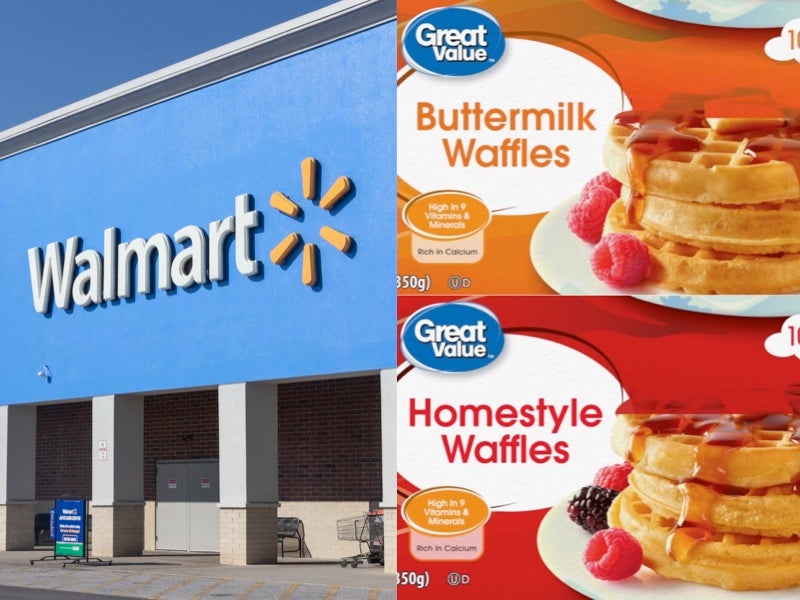Waffle Recall Alert: Protect Yourself from Listeria Risks
Stay informed about the recent frozen waffle recall and learn how to protect yourself from potential Listeria contamination.

Key Points
- The recent recall of frozen waffles by TreeHouse Foods
raises concerns about potential Listeria contamination, with no reported illnesses thus far.
- Listeria monocytogenes
poses significant health risks, particularly to vulnerable populations such as the elderly and pregnant women.
- Consumers are urged to check their freezers and return affected products for a refund to ensure their safety.
In an alarming turn of events, a widespread recall of frozen waffles has captured the attention of consumers across North America. Initiated by TreeHouse Foods, the recall comes amid grave concerns regarding potential contamination by Listeria monocytogenes. As millions of products are pulled from shelves, it’s crucial to understand what this means for your health and safety.
Understanding the Recall
The recall, announced on October 18, affects a wide range of frozen waffle products sold under various brand names, including Great Value, Kodiak Cakes, and store labels by major retailers like
, Target, and
. Although the recall stems from routine testing that detected the bacteria at TreeHouse Foods’ production facility, there have been no reported cases of illness associated with the recalled items.

Listeria is a serious foodborne pathogen that can lead to listeriosis, a potentially fatal infection, especially for vulnerable populations, including the elderly, newborns, and pregnant women. In fact, the CDC estimates that approximately 1,600 people become infected with Listeria annually in the U.S., resulting in about 260 deaths each year.
Why the Concern Over Listeria?
This bacteria is particularly insidious because it can survive and even thrive at refrigerator temperatures, making it difficult to eliminate. The risks are heightened in food processing environments, where Listeria can survive on surfaces for prolonged periods. Some experts suggest that the uptick in recalls may stem from improvements in detection methods, bringing previously unnoticed risks to light.
Current Statistics and Comparisons
The current recall of frozen waffles is part of a troubling trend; earlier this year, major recalls involving ready-to-eat meat and poultry products raised similar health concerns. Notably, the Boar’s Head deli meat recall led to ten deaths and multiple hospitalizations. It is clear that Listeria threats are not isolated events but rather a growing concern in the food industry:
The Role of Consumers and Safety Measures
Consumers are encouraged to stay vigilant and regularly check their freezers for any affected products. If you identify any recalled waffles, it is crucial to either dispose of them or return them to the place of purchase for a full refund. This proactive approach not only protects individual consumers but also promotes accountability within the food production industry.
Experts emphasize the importance of enforcing stringent food safety regulations, which in turn fosters a culture of accountability. “Food producers need to develop a culture of food safety”, states Lawrence Goodridge from the Canadian Research Institute for Food Safety. Proper training, regular inspections, and meticulous sanitation protocols are the backbone of food safety.
What to Do if You Have Recalled Products
For those who find frozen waffles in their freezers that may be part of this recall, it is recommended to:
Staying Informed
The best defense against foodborne illnesses like Listeria is knowledge. By remaining informed about recalls and practicing safe food handling procedures, consumers can significantly reduce their risks. Remember, health and safety should always come first, and as we navigate these recent recalls, staying vigilant is essential.
As the number of foodborne illness outbreaks continues to rise, it’s vital for consumers to remain aware and proactive. Keeping abreast of food safety issues not only empowers individuals but also fosters a healthier community overall. Ensure you are regularly checking your food products and staying updated on recall announcements to help protect yourself and your loved ones.

